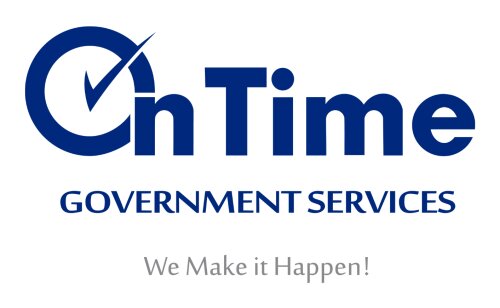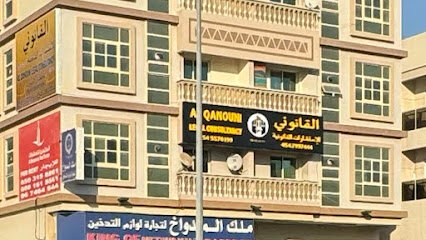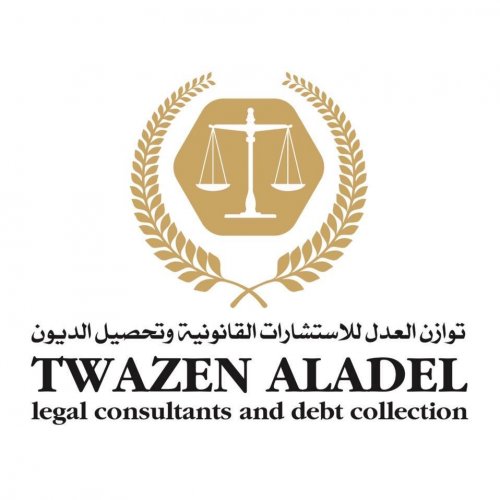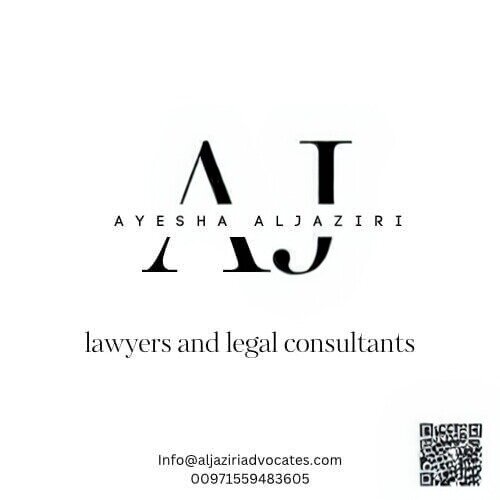Best Education Law Lawyers in Dubai
Share your needs with us, get contacted by law firms.
Free. Takes 2 min.
List of the best lawyers in Dubai, United Arab Emirates

About Education Law in Dubai, United Arab Emirates
Education Law in Dubai, part of the broader legal framework of the United Arab Emirates, encompasses regulations and policies governing educational institutions, teachers, students, and parents. This field of law includes issues such as the establishment and operation of schools, curriculum standards, teachers' rights and responsibilities, student admissions, and rights, as well as special education needs. Dubai's education system is diverse, with a large number of private schools catering to both local and international populations, making the legal landscape particularly multifaceted.
Why You May Need a Lawyer
Individuals and entities may require legal assistance in Education Law for a variety of reasons. Common situations include disputes over student admissions, issues related to school fees, contractual disagreements between educators and institutions, compliance with local and federal education regulations, and addressing special educational needs. Additionally, navigating legal processes in cases of school closures or mergers, curriculum changes, and handling grievances related to discrimination or misconduct may also necessitate legal expertise. A lawyer can provide valuable guidance and representation to protect the rights and interests of all parties involved.
Local Laws Overview
Education in Dubai is regulated by several authorities, including the Knowledge and Human Development Authority (KHDA) and the Ministry of Education. Key aspects of local laws relevant to Education Law include adherence to curriculum standards imposed by these bodies, licensing requirements for educational institutions, regulations on the hiring and employment of teachers (both local and expatriates), and the legal framework around student welfare, safety, and rights. Special education laws exist to protect the educational rights of students with disabilities, ensuring schools provide appropriate learning environments. Understanding these legal nuances is crucial for educational compliance in Dubai.
Frequently Asked Questions
What is the role of the KHDA in Dubai's education system?
The Knowledge and Human Development Authority (KHDA) is responsible for the growth and quality of private education in Dubai. It oversees licensing, quality assurance, and provides ratings for schools in order to help parents make informed choices.
Are there specific laws protecting students with special needs in Dubai?
Yes, Dubai has provisions to ensure that students with special needs receive appropriate educational support. Schools are required to accommodate these students and provide an inclusive learning environment.
What should I do if I have a dispute with a school over fees?
Disputes over school fees can be resolved through negotiation directly with the school. If no agreement is reached, legal advice may be necessary, and disputes can be referred to the KHDA for guidance and resolution.
Can a school refuse admission to a child based on nationality or ethnicity?
Denying admission based on nationality, ethnicity, or other discriminatory factors is not permissible. Complaints in such cases can be filed with the KHDA for investigation.
How can teachers ensure they are treated fairly by their employers?
Teachers should ensure that they have a fair and legal employment contract. In cases of unfair treatment or breach of contract, legal advice can be sought to help resolve issues according to UAE labor laws.
What are the regulations for opening a new school in Dubai?
Opening a new school in Dubai requires a license from the KHDA, a clear educational mission, a detailed business plan, and appropriate facilities to comply with regulatory requirements.
What kind of penalties exist for schools not adhering to local laws?
Penalties can vary from fines and sanctions to the revocation of the school’s license if they fail to comply with regulations set by the KHDA or Ministry of Education.
Are there legal protections for students from bullying in schools?
Yes, schools are required to implement anti-bullying policies and provide safe environments for students. Legal actions can be taken in severe cases if the school fails to provide adequate protection.
How are private and public schools different in terms of legal requirements?
While both types of schools must adhere to basic educational standards set by authorities, private schools have additional regulations concerning their operation, including fee structures, curricula, and international accreditations.
How can parents address grievances related to a school's operational decisions?
Parents can raise concerns directly with the school's administration. If unresolved, they may approach the KHDA or seek legal advice to further address their grievances.
Additional Resources
Those seeking further information and guidance on Education Law in Dubai may find the following resources helpful: KHDA (Knowledge and Human Development Authority), the UAE Ministry of Education, legal firms specializing in Education Law, and parent-teacher associations. These organizations provide valuable support and guidance on navigating legal matters within the educational sector.
Next Steps
If you require legal assistance in Education Law, it is advisable to consult with a lawyer specializing in this field. Start by documenting your situation clearly and gather any relevant documents or correspondence. Contact a law firm with expertise in Education Law for a consultation to discuss your circumstances and possible legal actions. Engaging with professionals can ensure your rights and interests are adequately protected.
Lawzana helps you find the best lawyers and law firms in Dubai through a curated and pre-screened list of qualified legal professionals. Our platform offers rankings and detailed profiles of attorneys and law firms, allowing you to compare based on practice areas, including Education Law, experience, and client feedback.
Each profile includes a description of the firm's areas of practice, client reviews, team members and partners, year of establishment, spoken languages, office locations, contact information, social media presence, and any published articles or resources. Most firms on our platform speak English and are experienced in both local and international legal matters.
Get a quote from top-rated law firms in Dubai, United Arab Emirates — quickly, securely, and without unnecessary hassle.
Disclaimer:
The information provided on this page is for general informational purposes only and does not constitute legal advice. While we strive to ensure the accuracy and relevance of the content, legal information may change over time, and interpretations of the law can vary. You should always consult with a qualified legal professional for advice specific to your situation.
We disclaim all liability for actions taken or not taken based on the content of this page. If you believe any information is incorrect or outdated, please contact us, and we will review and update it where appropriate.
















